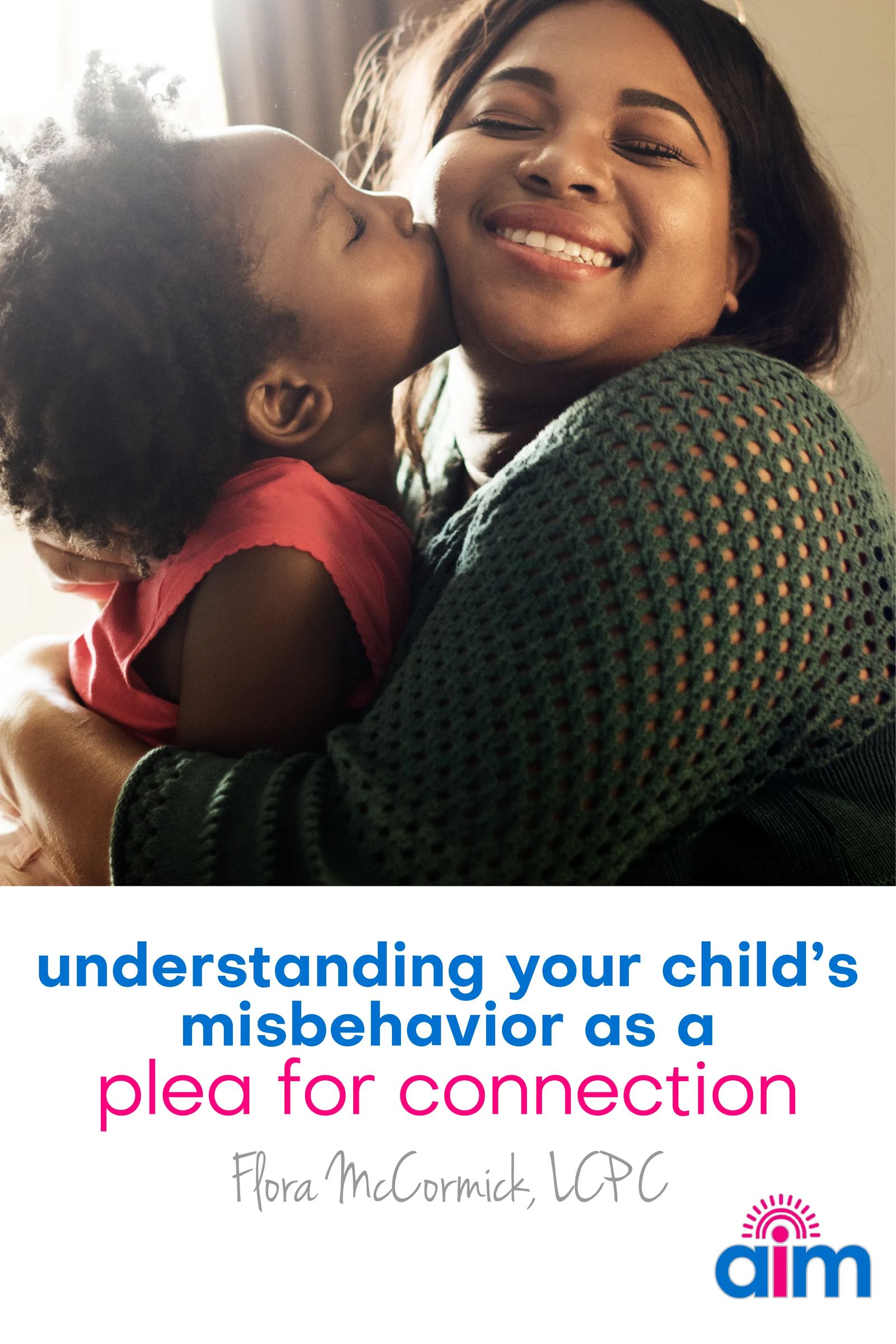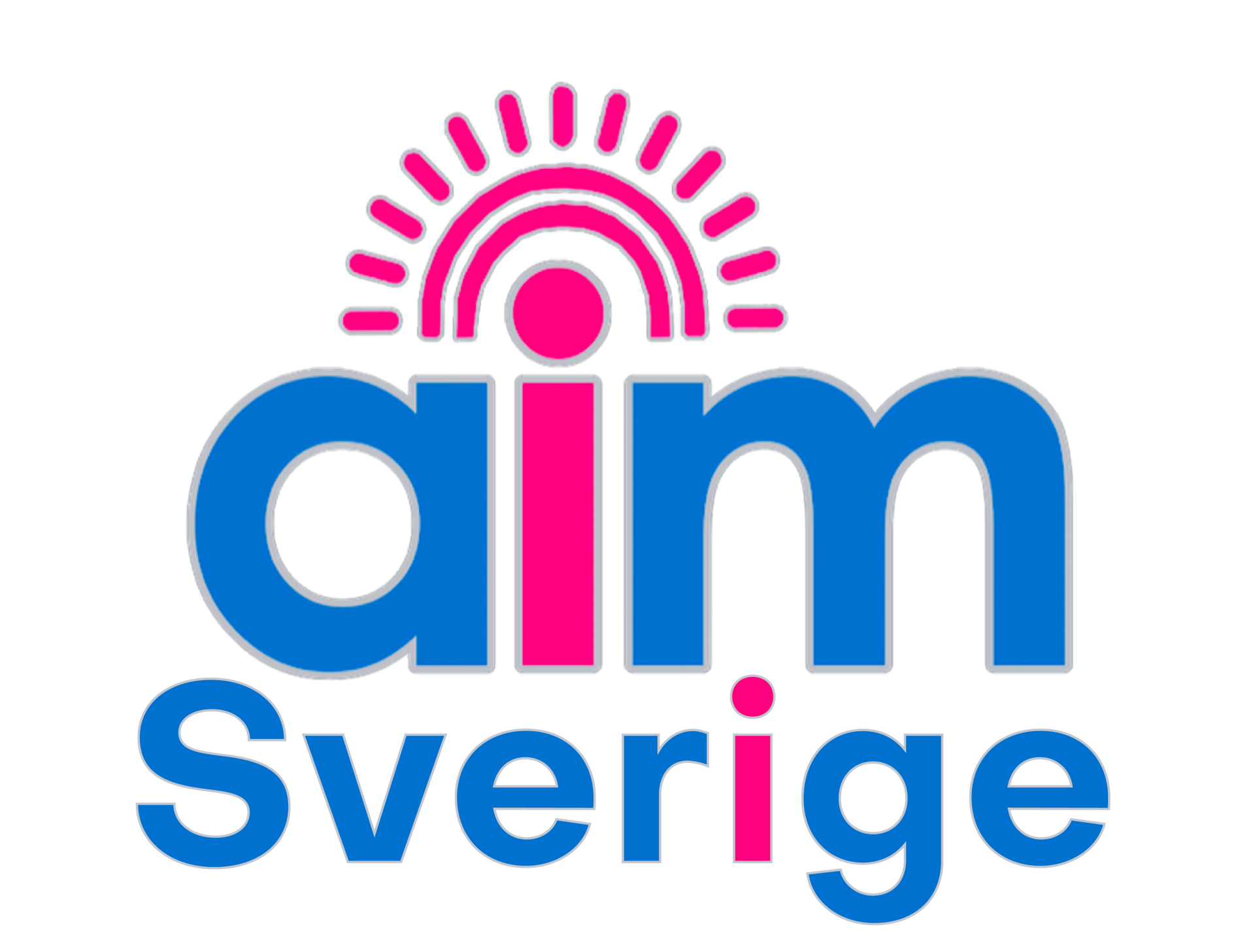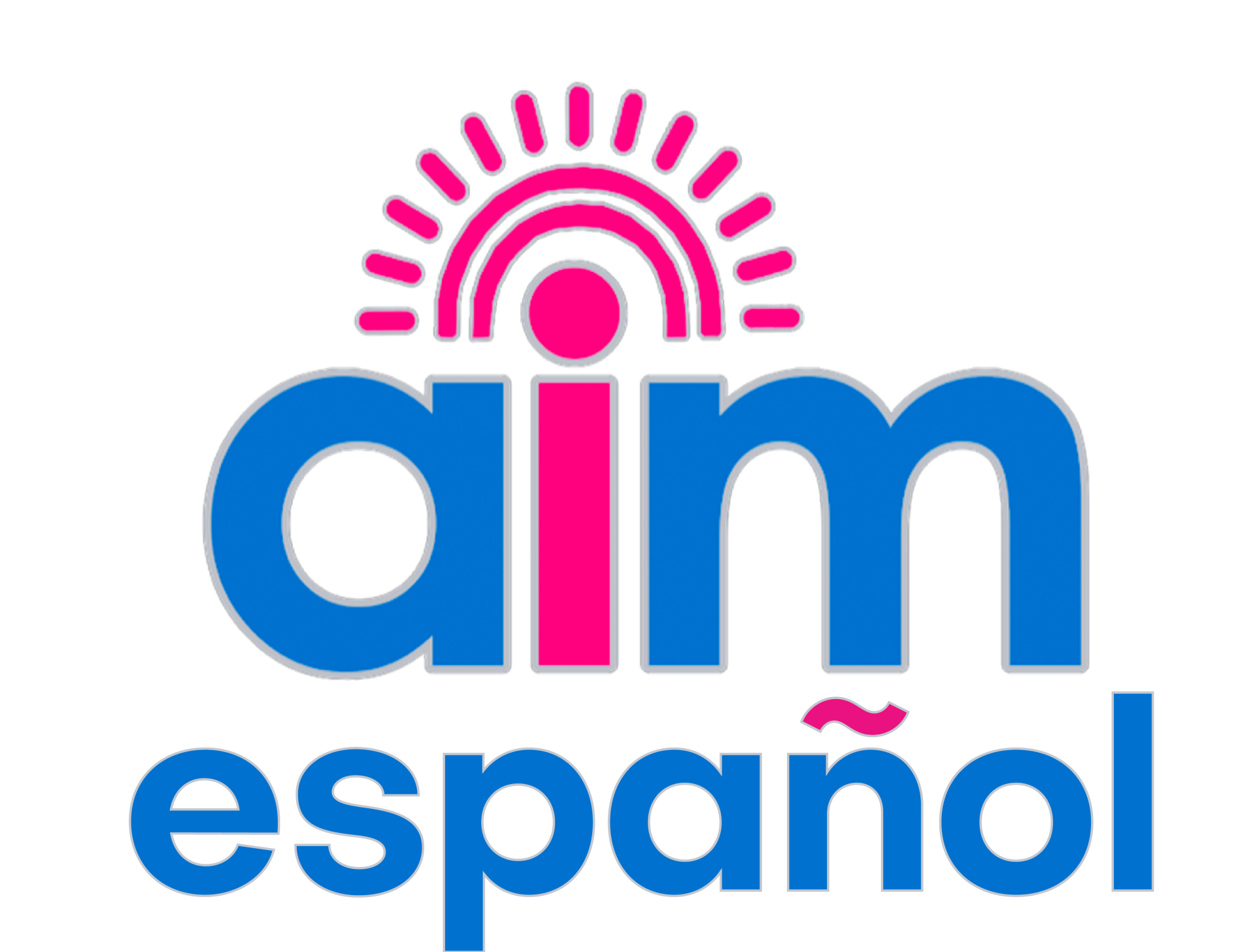Understanding Your Child’s Misbehavior as a Plea for Connection

Let’s be honest. When children misbehave it can be very easy to react with frustration, resentment or even anger because behavior doesn’t happen in a vacuum. It happens in the fullness of life, when we are on our way to work, running late to a doctor’s appointment, or just tired and ready to go home from the park. For this reason, our child’s misbehavior can elicit a response like, “Why are you doing this?! This is the last thing I need right now.”
Realizing this internal experience (our thoughts and feelings) is such a powerful first step to responding better. Rather than reacting based on our feelings, we can pause to consider our child’s true needs in these moments. If we can pause and self-reflect, it can often deflate the feelings of resentment or anger.
We can say to ourselves, “I am frustrated because this is challenging for me. But I want to respond to my child’s true needs here, and not let my desire for life to be easy get in the way. Let’s see what he is really needing from me right now.”
When our children are misbehaving in a way that seems really irritating and irrational, it is often a result of a biological need: hungry or tired. If those needs are met, the behavior may be a plea for connection, according to Circle of Security. The late 20th Century seemed to cultivate a message that children acting out in order to “get attention” was something to be ignored, in order to extinguish that behavior. Though this may stop the behavior in some occasions, it neglects the bigger picture that our children’s deepest desire is to have relationship with us and others around them. The relationship is #1. If we simply walk away, or ignore every time, we miss the opportunity to be sure our child is feeling loved and that they belong in our lives and homes. Rudolf Driekers, a child psychologist, is famous for saying a child’s primary need is for significance and belonging.
What this looks like, in practice, is that when I notice frustrating behavior from my child that seems irrational and I know his biological needs are met, I always offer a hug before any other intervention. Positive Discipline coins this approach, “Connection before Correction”. Jane Nelson, co-creator of Positive Discipline says, “Adlerian/Dreikursian psychology embraces the theory that children will move toward cooperation when they sense that the adult cares about them and treats them with respect and dignity.” I open my arms and bend down on my knees and invite my son in for a hug. I make sure my face and voice are loving and kind, and displaying a sentiment that I know he is a wonderful boy and he seems to be needing a refill of reassurance that he is loved and is significant.
Driekers believed,
“The family atmosphere -- the attitudes, values, and relationships within the immediate family . . . provides the initial, critical medium through which the child’s personality takes shape. From his experience of it, the child creates a picture of himself, of others, and of the world at large. It shapes his values and provides the testing ground for actions that will give him a sense of belonging and significance .
Relationship is the key place where our children develop and learn everything from manners to their sense of self-confidence. And to quote Jane Nelsen again, “Kids who feel good, do good.”
Keep in mind, this shift to connect before you correct can feel really tough at first. Our own conditioning and the way we are parented may have our parents' voices shouting in our heads to hold our ground, withhold affection and closeness until the child changes their behavior. Just be patient with yourself, and seek ways to connect before you correct.

Flora McCormick has been a Licensed Clinical Professional Counselor & Parenting Coach for 10 years, she helps parents of young children to calm the chaos, and revive connection and cooperation. Her strategies are sustainable for busy parents, using kindness & firmness at the SAME time. The result is an improved relationship with your child, where you can enjoy being a parent.






















